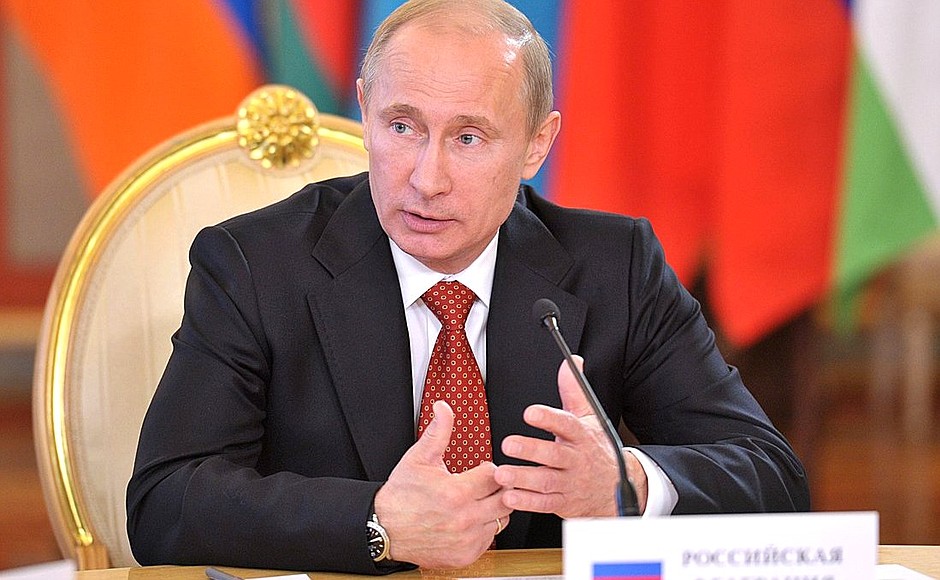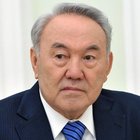
President OF RUSSIA VLADIMIR PUTIN: Good afternoon, friends and colleagues,
It gives me great pleasure to welcome you to Moscow to the anniversary session of the Collective Security Treaty Organisation, dedicated to the 20th anniversary of the Collective Security Treaty and the 10th anniversary of CSTO. I sincerely congratulate you on this significant milestone.
Today we will review CSTO’s main achievements over a 10-year period. I believe that our organisation has proved itself worthy. CSTO has strengthened and matured in recent years, its international prestige has grown and it has become one of the most effective tools for maintaining collective security in its area of responsibility. It is important that we do not stop there. We must optimise a number of CSTO activities to achieve greater coordination of our actions in the international arena.
”Our organisation has proved itself worthy. CSTO has strengthened and matured in recent years, its international prestige has grown and it has become one of the most effective tools for maintaining collective security. It is important that we do not stop there.“
In accordance with the established practice, I propose that we exchange views on international issues and further steps to combat global and regional challenges and threats. I am pleased to give the floor to Mr Nazarbayev, who is chairing the CSTO meeting today.
Mr Nazarbayev has the floor.
President of Kazakhstan Nursultan Nazarbayev: Thank you.
Good afternoon, colleagues,
First of all, on behalf of everyone present here I would like to express our gratitude to the Russian party and to Mr Putin personally for the excellent organisation of the Collective Security Council’s anniversary meeting and for the traditional hospitality.
We congratulate you on winning the presidential election and taking office, as well as the 67th anniversary of the Great Victory, which we all celebrated.
Colleagues, I propose we continue our meeting. I hope that today, in line with the established tradition, we will exchange views on topical issues in a confidential setting and adopt a number of decisions with regard to our organisation.
<…>
